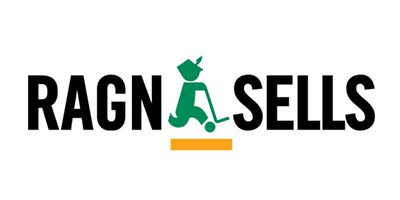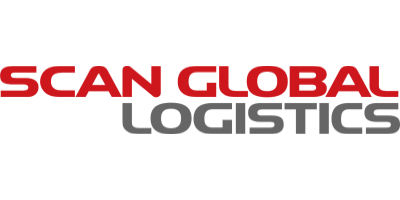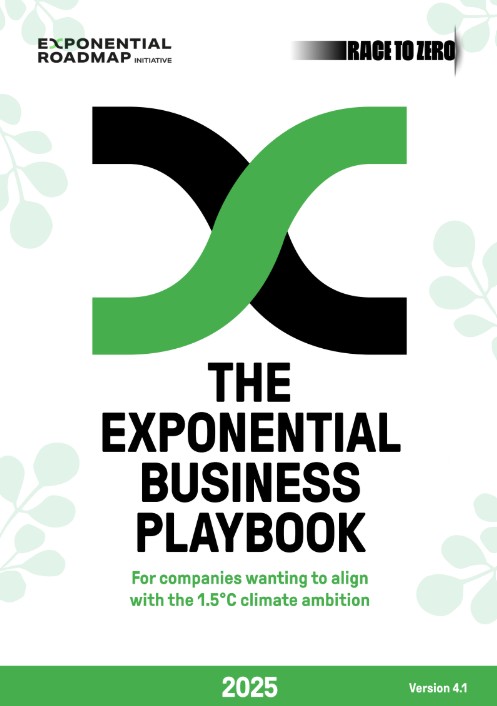Exponential Roadmap Initiative members – endorsing the Exponential Business Playbook
A playbook for
exponential climate action
The Exponential Business Playbook is a guide for CEOs, managers, and employees aiming to drive and accelerate the rapid economic transition needed to secure a livable planet.
The playbook, grounded in science and global expertise, offers a strategic framework for target setting, transition planning, implementation, and disclosure. It prioritizes simplicity, speed, and compatibility with existing standards and criteria.
The first version launched in 2020 and is regularly updated with the latest science, standards, and user feedback. Released in 2025, the Exponential Business Playbook 4.0 is backed by companies with over $1 trillion in annual revenue and 2 million employees.
The 4 Climate Pillars

Pillar 1 focuses on a company’s activities to reduce its own emissions, aligned with a 1.5°C pathway. To align with the 1.5°C ambition, the minimum requirement is to halve your own emissions (scope 1 & 2) at least every decade. For many companies, a 90% reduction of scope 1 & 2 emisisons can be acheived by 2030.

Pillar 2 focuses on a company’s activities to reduce its value chain emissions, following the same trajectory. These include all emissions “outside the company walls”, which often represent the largest share of a company’s total footprint and must therefore be addressed. Value chain emissions (scope 3) include emissions from upstream and downstream activities.
The 1.5°C Supply Chain Leaders is an initiative driving climate action throughout global supply chains

Pillar 3 focuses on the company’s impact in society through the use of its products and services. It shifts the focus from only reducing the footprint to also providing solutions. Such a shift requires the alignment of the company’s vision, strategy, value proposition, and customer offerings with the 1.5°C ambition.

Pillar 4 describes how to contribute to the 1.5°C and net zero ambition beyond the company’s own business and value chain. This means accelerating global climate action by sharing examples and scaling best practices through collaboration with other industry leaders. It also includes influencing policies and engaging industry associations to accelerate climate action, making climate and nature contributions beyond the value chain and helping management and employees to adopt sustainable practices.















































